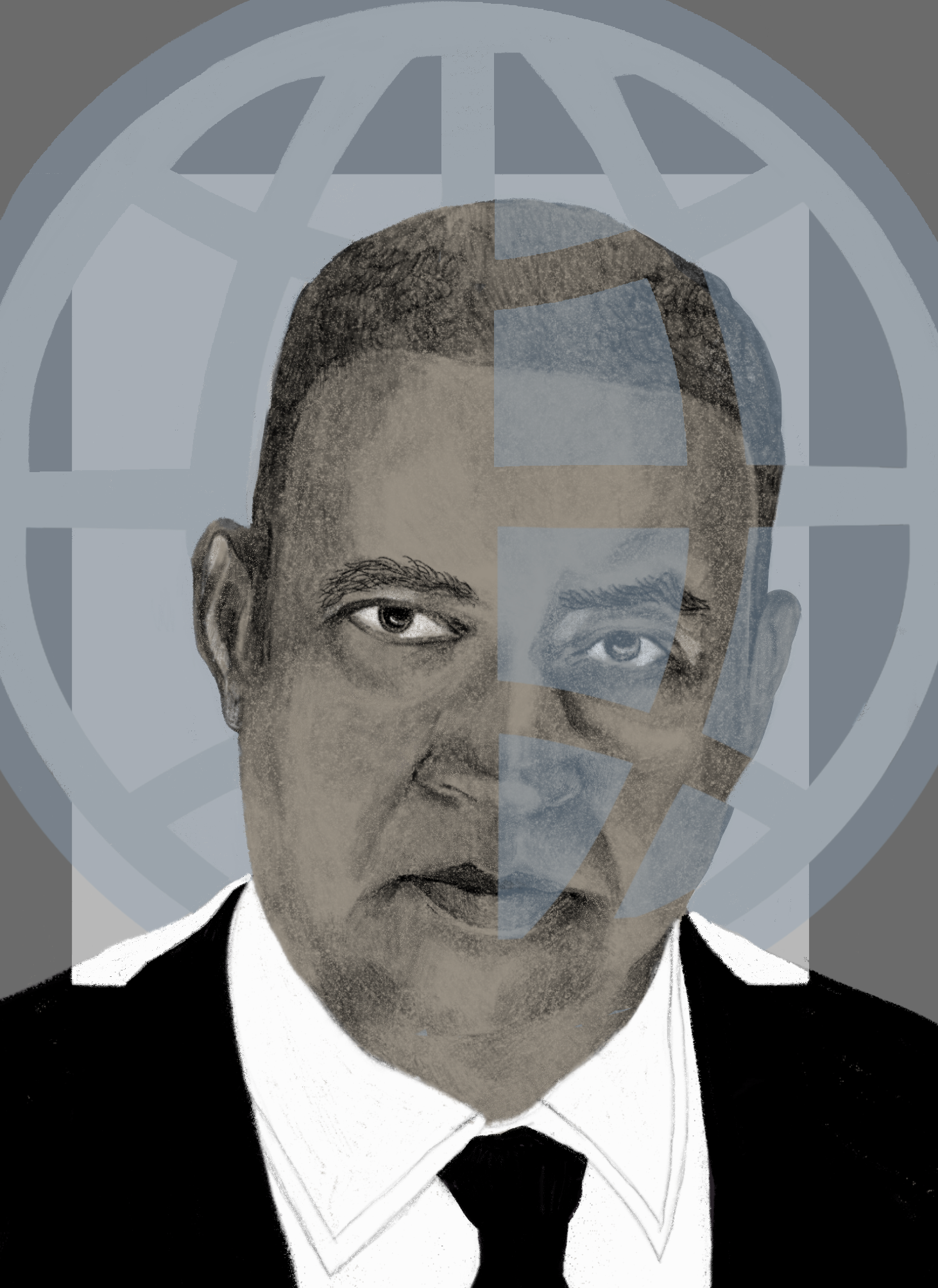Is it sufficient for a company to require its employees to watch an anti-corruption video?
It’s a good start. At the World Bank, we created an ethics/anti-corruption online compulsory course. But it has to be more than just that.
If I were a CEO of a major corporation, I would put my staff through training with the US Foreign Corrupt Practices Act manual. Study it and apply it. It’s really well done. I wish there were a worldwide equivalent of the FCPA manual.
I also think top management should take ethics and anti-corruption training and then themselves take that training down the ranks, so that it’s not outsiders doing it. Then the staff starts saying, “This is who we are as a company.”
How many countries have an equivalent of the US Foreign Corrupt Practices Act?
It’s growing. All 44 OECD economies, major emerging market exporters and a number of developing countries have laws criminalizing foreign bribery. About 169 countries have signed up to the United Nations Convention against Corruption.
But the issue for me is not whether they have a law but whether there is a system in place for enforcing the law, a system for actually holding people accountable.
In part because Donald Trump years ago called the FCPA a “horrible law,” there’s a perception that his administration is less interested in enforcing it than previous administrations. Is there any accuracy to that?
Not in my view. The US is still 10 years ahead of the pack. No system is perfect, but the US is still very much leading in this arena.
If you do business in the United States, you play by the rules, or there’ll be consequences. That’s my take on it.
If I’m the CEO of an international company and my company forms a partnership with a company inside a foreign country where I’m doing business, am I liable for my partner’s behavior?
Yes. Under the current dictates of the law in the US and other countries, you could be liable for the actions of your joint-venture partners, your subsidiaries, or your agents.
It’s because of that that the Justice Department and the SEC have been able to effectively act in places like Nigeria and Mozambique.
I think there’s a lot of logic to the argument. It’s an effective deterrent. That’s why I believe that companies that list in the US are better able to access the capital markets. Shareholder value will increase. Because everybody knows that somebody is watching.
How can I ensure I’m teaming up with a partner with integrity?
There’s a duty to monitor. If you look at many of these cases involving corruption, it’s almost tantamount to willful blindness. Someone was asleep at the wheel. Someone didn’t do his homework.
If I’m a CEO and I want to go do business in low-income or emerging markets, I would certainly ask: “Who’s the partner there who lives up to our standards?” And you do your due diligence.
I think what good corporations are doing now in high-risk environments is that they expect warranties from their partners. Secondly, they expand the integrity infrastructure that they have to those partners.
When I was at the World Bank, a big company wanted to acquire part of a smaller foreign company, and the due diligence they conducted just drove everybody crazy. And I said to the staff, “That’s the way you do it.”
In environments where corruption is rife, you can develop things like integrity pacts. And you make it all public. You disclose a lot of information, not just in your financials, but as these projects unfold. You can also hire an integrity monitor, an outsider focused just on that and reporting to the board and top management.
I would almost encourage big corporations to communicate with local law enforcement to say, “We have this project in this country, and we want to be sure that it works according to the rules.”

